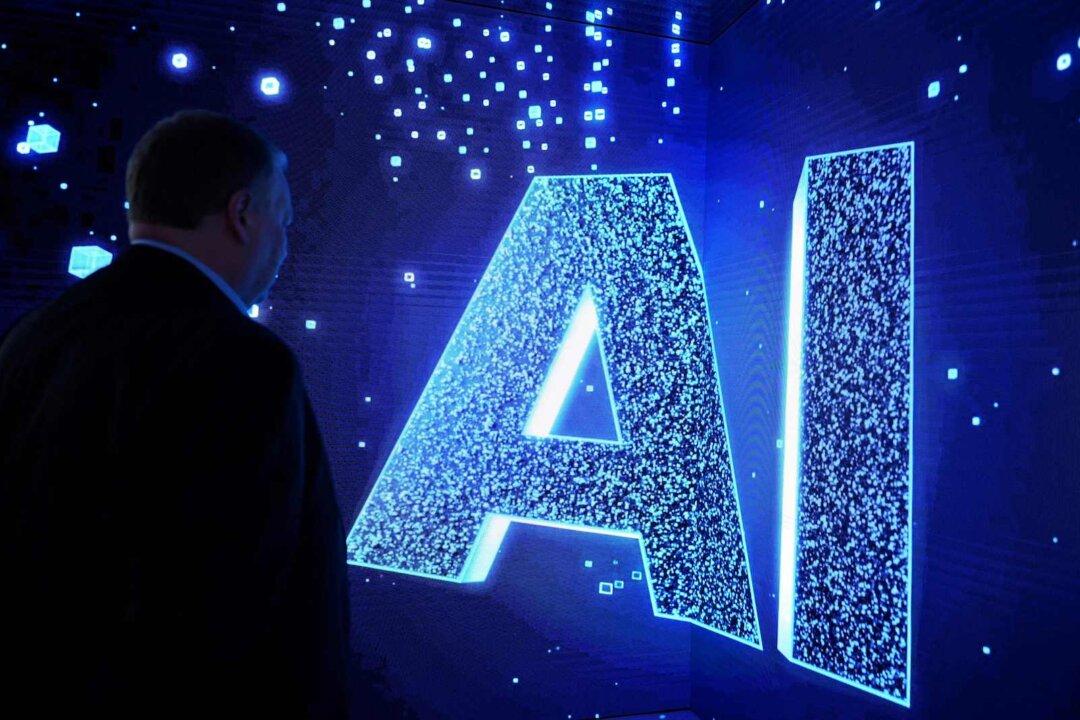Commentary
Artificial intelligence (AI) keeps surging to the fore, commanding more and more attention. I wouldn’t be surprised if, by year-end (if not already), it’s one of the 10 most common topics covered by the media.

Artificial intelligence (AI) keeps surging to the fore, commanding more and more attention. I wouldn’t be surprised if, by year-end (if not already), it’s one of the 10 most common topics covered by the media.